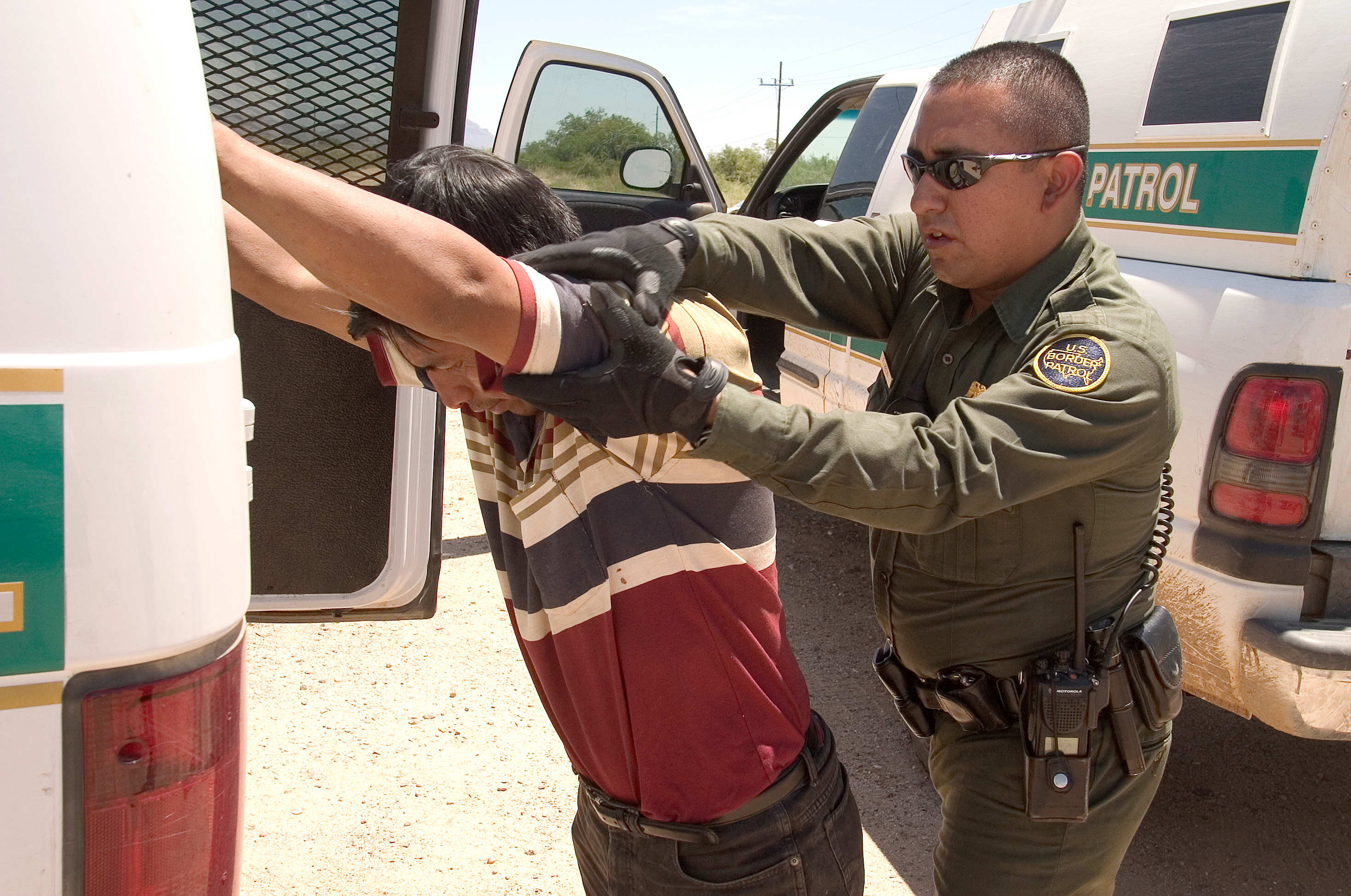Tragedy avoided. It is an all too common tale. This time, in Texas.
In the late evening of June 28, 2015, Border Patrol Agents at the Comstock Checkpoint to the United State-Mexico border near Del Rio, Texas located a missing person after he stopped his vehicle in the road and showed signs of confusion. Agents noticed a suspicious vehicle stopped in the middle of the roadway. Upon questioning the elderly driver, they noticed further signs of confusion and dementia, including giving an incorrect telephone number for a relative to call.
RELATED:
GUIDE: 9 Tips When Traveling With An Alzheimer’s Dementia Companion
GUIDE: 11 Traveling Tips For Seniors
GUIDE: Traveling with Cremated Remains – TSA and Airline Rules
U.S. Customs and Border Protection reports:
Agents then contacted the Val Verde County Sheriff’s Office and were notified that the driver was reported missing from Denver City, Texas by a family member. Agents contacted the Yoakum County Sheriff’s Office in Denver City and were given the number of a close relative. Agents contacted the relative and were notified that the driver suffered from dementia and that they would make proper arrangements to pick up the elderly man. He was turned over to the Val Verde Sheriff’s Office to await the arrival of his relative.
The man had traveled, apparently alone and by driving himself, approximately 300 miles south from the Denver City, Texas area.

What Is A Silver Alert?
Reading this story reminded me of the continued need for more improved Silver Alerts across the United States. While Amber Alerts are commonly known, Silver Alerts are similar public notifications via an organized broadcast system to give information about missing persons commonly involving conditions of Alzheimer’s disease, dementia or other mental disabilities to assist in their speedy locating.
According to the Alzheimer’s Association, more than 60 percent of those with Alzheimer’s or another form of dementia will wander, and if a person is not found within 24 hours, up to half of individuals who wander will suffer serious injury or death.
While a reported 43 states have some form of law in place to create an alert for such missing persons, the actual knowledge, use and execution of these plans seems to remain poor or nonexistent in many locations. On the national level, a “National Silver Alert Act” has repeatedly been introduced to Congress, but never adopted.
Expect the push for active Silver Alert programs to continue as the population served by such emergency response grows dramatically (5.3 million Americans have Alzheimer’s with a projected 13.8 million by 2050). Support from the public and groups such as the Alzheimer’s Association and the American Silver Alert Coalition will continue to advocate for complete implementation of Silver Alert programs across the country.
The passing of a law, however, may be the simplest segment of establishing Silver Alerts in an area. It takes a massive coordination effort from multiple agencies and, of course, funding.
For example, a bill (SB1846) sits on the Illinois Governor’s desk since June 29, 2015 after passing both the IL House and Senate (both unanimously) that if when signed shall require the following Illinois agencies, government bodies, and other organizations to “develop as part of the Endangered Missing Person Advisory a coordinated statewide awareness program and toolkit to be used when a person 21 years of age or older who is believed to have Alzheimer’s disease, other related dementia, or other dementia-like cognitive impairment is reported missing, which shall be referred to as Silver Search” by July 1, 2017:
- the Department of State Police;
- the Department on Aging;
- the Department of Public Health;
- the Illinois Law Enforcement Training Standards
- the Illinois Emergency Management Agency;
- the Secretary of State;
- the Department of Transportation;
- the Department of the Lottery;
- the Illinois Toll Highway Authority;
- a State association dedicated to Alzheimer’s care,support, and research;
- a State association dedicated to improving quality of life for persons age 50 and over;
- a State group of area agencies involved in planning and coordinating services and programs for older persons in their respective areas;
- a State organization dedicated to enhancing communication and cooperation between sheriffs;
- a State association of police chiefs and other leaders of police and public safety organizations;
- a State association representing Illinois publishers;
- a State association that advocates for the broadcast industry;
- a member of a large wireless telephone carrier; and
- a member of a small wireless telephone carrier.
That is an amazing amount of talking heads to get to communicate efficiently, let alone get anything accomplished. (In case you actually read the whole list you probably thought “Department of the Lottery!?”… that’s because they want to have Silver Alert messages posted on Illinois Lottery terminals. I love it!) It takes time. It takes work. It takes training. It takes money.
I hope, at the least, I have educated you or reaffirmed the importance on what a Silver Alert is and its importance. Please pass it along. Every moment counts.
____
@travelblawg
facebook.com/travelblawg
Subscribe in the sidebar!
Disclosure of Material Connection: Some of the links in the post above are “affiliate links.” This means if you click on the link and purchase the item, I will receive an affiliate commission.












1 comment